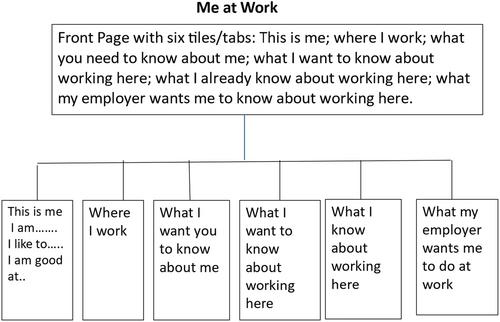The 43rd Vernon-Wall Lecture: What working relationally brings to problem-solving
Abstract
Aim
Responses to complex problems demand collaboration across practice boundaries. The studies presented here make visible the processes that constitute successful collaborations between practitioners and clients.
The Argument
Complex problems can be discovered, where practitioners recognize and address complexity through an existing repertoire of responses. Or they are created problems, where researchers reveal new phenomena and create new knowledge. That knowledge can then be used to inform responses to discovered problems.
The Studies
The research on created problems discussed here asked: What happens at the intersection of practices during work on complex problems; how are motives aligned to expand and respond to the problem; and what kind of expertise is involved? The discovered problems were in: pedagogic work with parents in a daycare centre, the development of an app to support autistic people in the workplace and an evaluation framework examining interprofessional working.
The Relational Concepts
New knowledge, arising in studies of emergent interprofessional working in English children's services, explains how working relationally can strengthen responses. The three relational concepts are based in cultural-historical approaches to human development. They are: relational expertise, which builds common knowledge, comprising the motives of participants, which mediates collaborations, creating relational agency. Relational agency then strengthens the actions taken by practitioners and clients.
Implications
The relational concepts offer guidance for training practitioners in interprofessional working and in building the agency of clients. They offer researchers a framework for examining collaborations and show how cultural-historical research methods capture concepts in practitioners' actions.





 求助内容:
求助内容: 应助结果提醒方式:
应助结果提醒方式:


